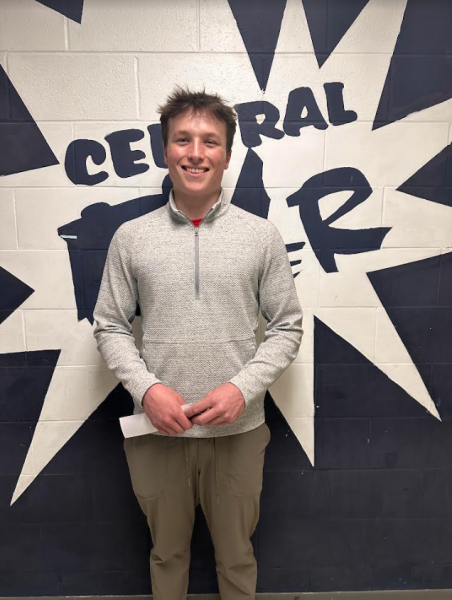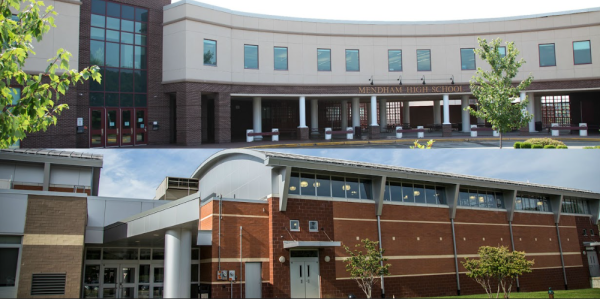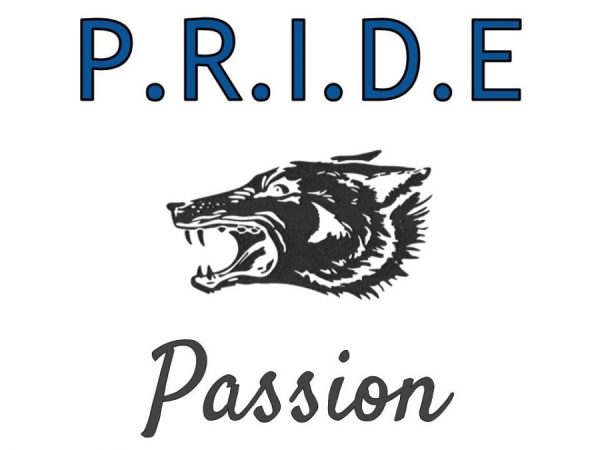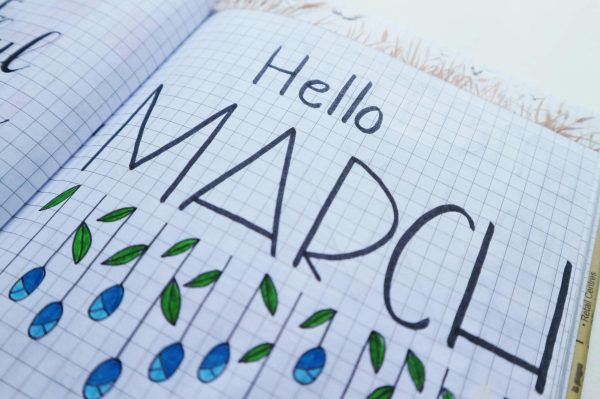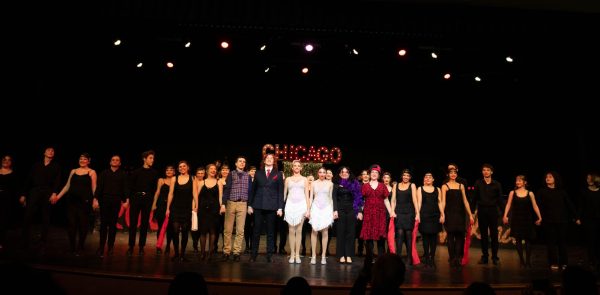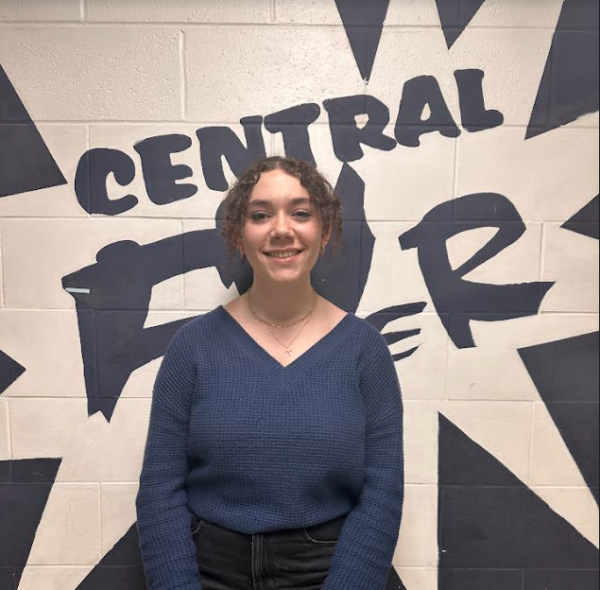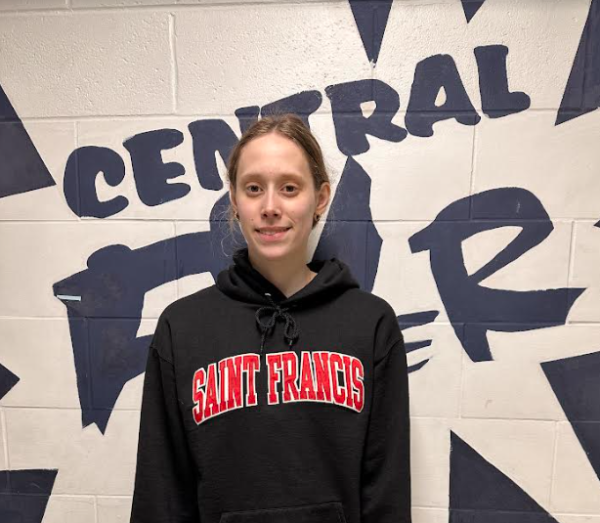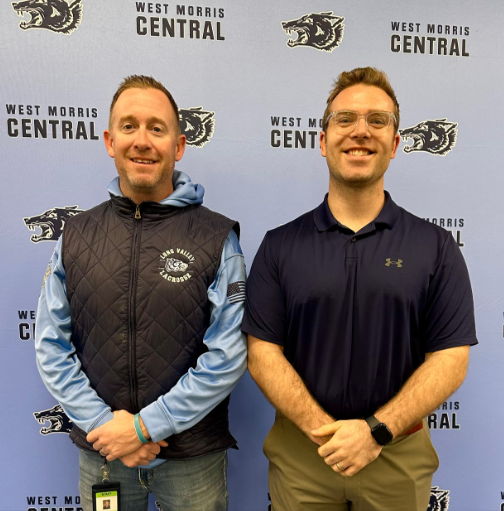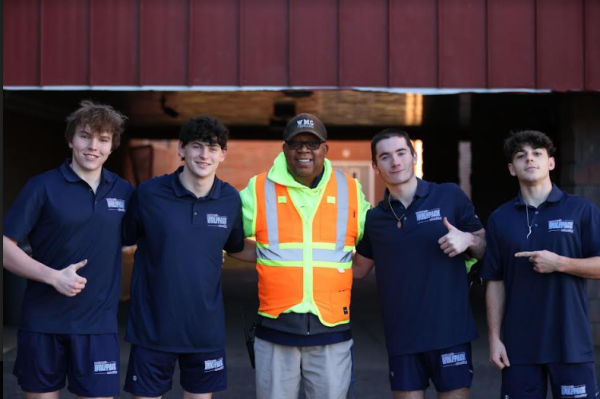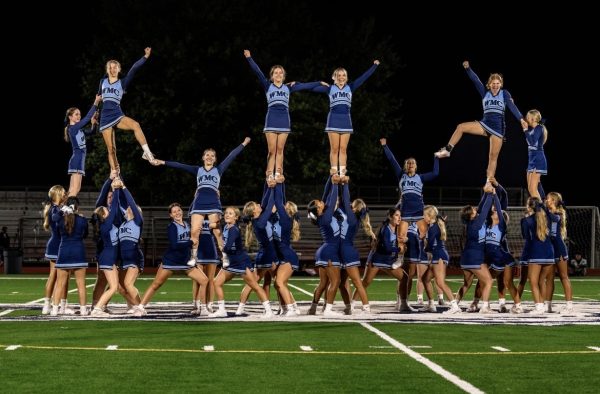WMC Music Starts the Year on a New Note
West Morris Central’s department of music saw many changes over the past few months. Each aspect of the department, including the concert and marching bands, orchestra and symphony orchestra, and the mixed choir all were impacted by the changes in curriculum, organization, and staff implemented this school year.
The winter performance of George Frideric Handel’s Messiah is a tradition West Morris Central has upheld for over 60 years. In this annual concert in mid-December, students of the mixed choir classes and the symphony orchestra perform 7 pieces from the Messiah, as well as several solos. This winter, however, the Messiah has been changed significantly from previous years. Several songs from the Messiah, such as Since by Man and Worthy is the Lamb were cut from the performance and choir curriculum, and the mixed choir will now be performing some shorter songs alongside it; the symphony orchestra will no longer accompany the Messiah performance.
“[There was an] inordinate amount of time spent on one piece of music over a four year period,” Mr. Stingle, choir director of West Morris Central, said of his understanding of the changes. “I do like the idea of a shorter concert….time will be limited of the Messiah portion.”
The Messiah performances in years past were typically 2-2.5 hours long. This year, the winter concert will be slightly shorter, with more variety in the mixed choir’s performance. A large portion of the first semester of choir class is dedicated to the Messiah, and limiting the Messiah’s run time also allows for more class time to be spent on different material, ultimately helping students to learn different musical concepts not found in the Messiah.
“In no other subject is there one unit of study for all four years,” Ms. Lasusa, supervisor of the music department, said. “It did not make much sense curriculum-wise,” she said of learning the same material for half of the school year over the course of a student’s high school career.
West Morris Central’s symphony orchestra had its own issues with Handel’s piece. According to Ms. Meckler, director of the symphony, the violin portion of the Messiah was very difficult for its members, while it was easier for lower instruments, such as the viola. The Messiah also split the group into members who performed the piece, and those who did not; rehearsals were separated, creating a divide within the group.
The West Morris Central Symphony Orchestra underwent its own major change recently, becoming the West Morris Regional Symphony Orchestra and combining instrumentalists from both West Morris Central and West Morris Mendham. Rehearsals were moved from lunchtime to regular, and longer, combined rehearsals in the evening.
This change proves to be beneficial for the ensemble, as explained by Ms. Meckler again. As a symphony orchestra requires a variety of instruments, this variety can now be found easily in a larger pool of instrumentalists from across the district. The new evening rehearsals requires more commitment to attend, and as a result members are overall more committed to the ensemble than during the period of lunch rehearsals.
As of this year, Ms. Meckler will also be the director of both West Morris Central and West Morris Mendham orchestras, travelling between the two schools daily. “I’m really excited to get to focus more on orchestra. [It’s a] challenge to get to know many new students, [but] the travel part does not bother me. Any opportunity to make a bigger community is awesome,” she said of this new arrangement. Any opportunity to make a bigger community is awesome — Ms. Meckler
Also concerning new teaching arrangements, West Morris Central’s concert band and marching band are both directed by a new teacher, Mr. Gibbons. He was interviewed about his time here so far at West Morris Central, and the time to come in the music department.
Q: What’s the best thing about being a teacher at WMC?
A: “The best thing about being a teacher at WMC is the students! I love the kindness and sense of community here at WMC!”
Q: What do you hope to create or bring to the WMC music program?
A: “I hope to bring new ideas and perspectives to the already positive environment that the other music teachers have worked hard to create.”
Q: What inspired you to become a music teacher?
A: “I was inspired by my own music teachers growing up! I saw the positive impact that music communities can have on students first hand and was inspired to pursue the field of Music Education so that I would also be able to create and foster a program that values collaboration, work ethic, and positivity above competition.”
Q: Any advice for your students?
A: “You don’t need to be perfect! Just do your best, whatever “your best” is! That is all that anyone can ever ask of you.”
Although WMC’s music program underwent significant changes this academic year ranging from modifications in curriculum to new teachers, the department will continue to produce extraordinary musical education, excellence, and community for many years to come.
2017 performance of the Hallelujah Chorus courtesy of Abdel Oualim.
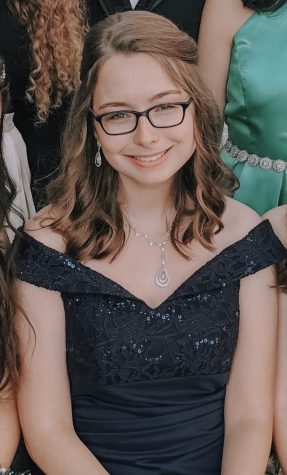
Pamela is excited to be back at The Paw as a contributing writer! She loves photography, to write, and to play the violin and sing in the school music...


